The Lexus LF-30 Electrified concept car has been unveiled at the Tokyo motor show, giving an overtly design-led insight into how the brand’s electric car future will look, as well as showcasing some of the autonomous and technical functions being developed for it to potentially go on sale with.
As such, the LF-30 is a concept car in the truest sense, with insiders saying that it is not intended to give specific clues to any single future Lexus model, but rather to explore the looks and technology that the cars could be sold with from around 2030. Among the more expressive design flourishes are the roof mounted doors and dramatically short rear. It is, however, based on a new electric platform that will underpin future Lexus and Toyota EVs from around 2022, which underlines its more immediate relevance.
All the news from the 2019 Tokyo motor show
“This concept is not directly linked to a specific product but symbolises the electrification vision of Lexus,” said Takashi Watanabe, chief engineer for Lexus electrified projects. “Electric vehicles open up the potential for many changes, from dimensions and proportions to how they are engineered. We believe electrification will change the definition of luxury in future and this is our vision for that.”
However, the LF-30 does have clear production potential. At 5090mm long it is 110mm shorter than a Range Rover, while at 1600mm high it is 235mm lower than a Range Rover and just 40mm higher than a Jaguar I-Pace. Thanks to clever packaging, it also has a wheelbase of 3200mm, is 1995mm wide and weighs 2400kg - all marginally exaggerated over on an I-Pace. It is fitted with a solid state 110kW/h battery that can charge at 150kW and offer a range of around 310 miles - all in the ballpark of the figures for EVs already on sale made by rival manufacturers using current lithium-ion technology.
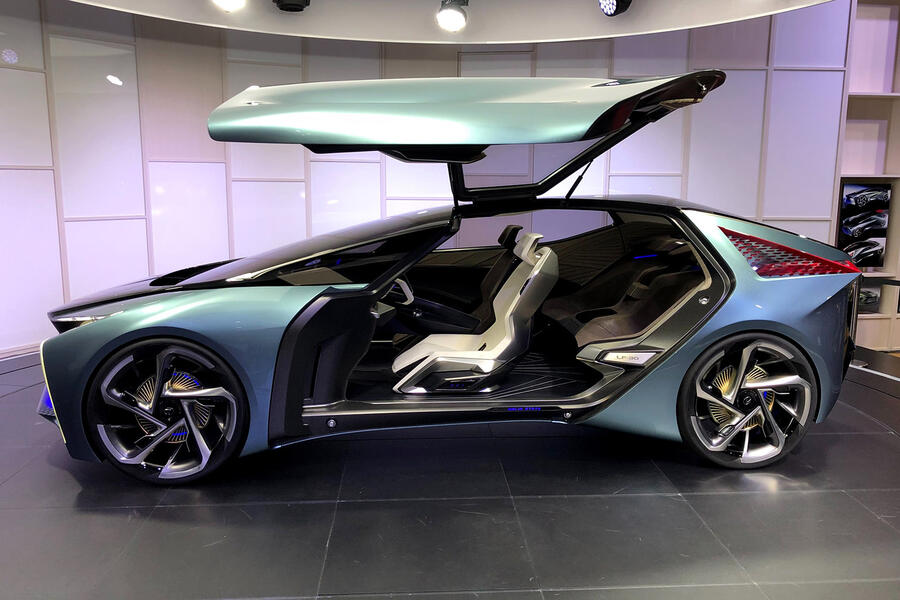

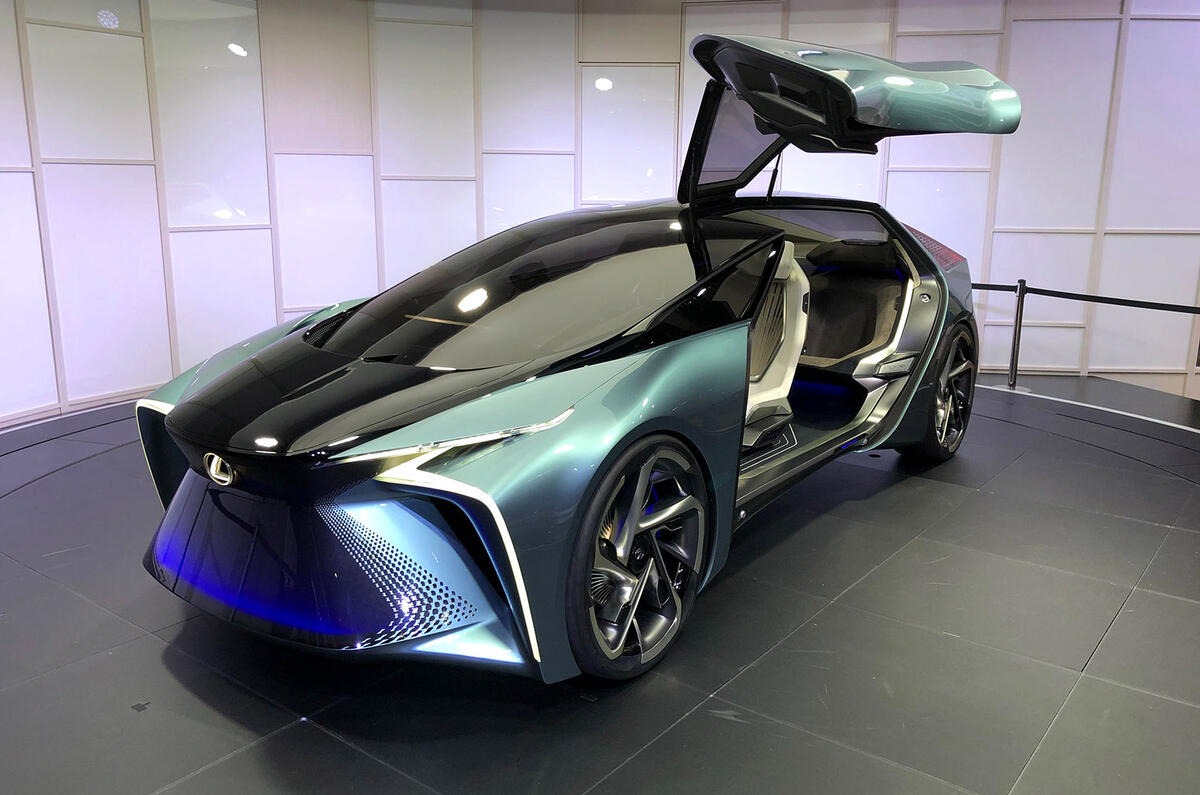

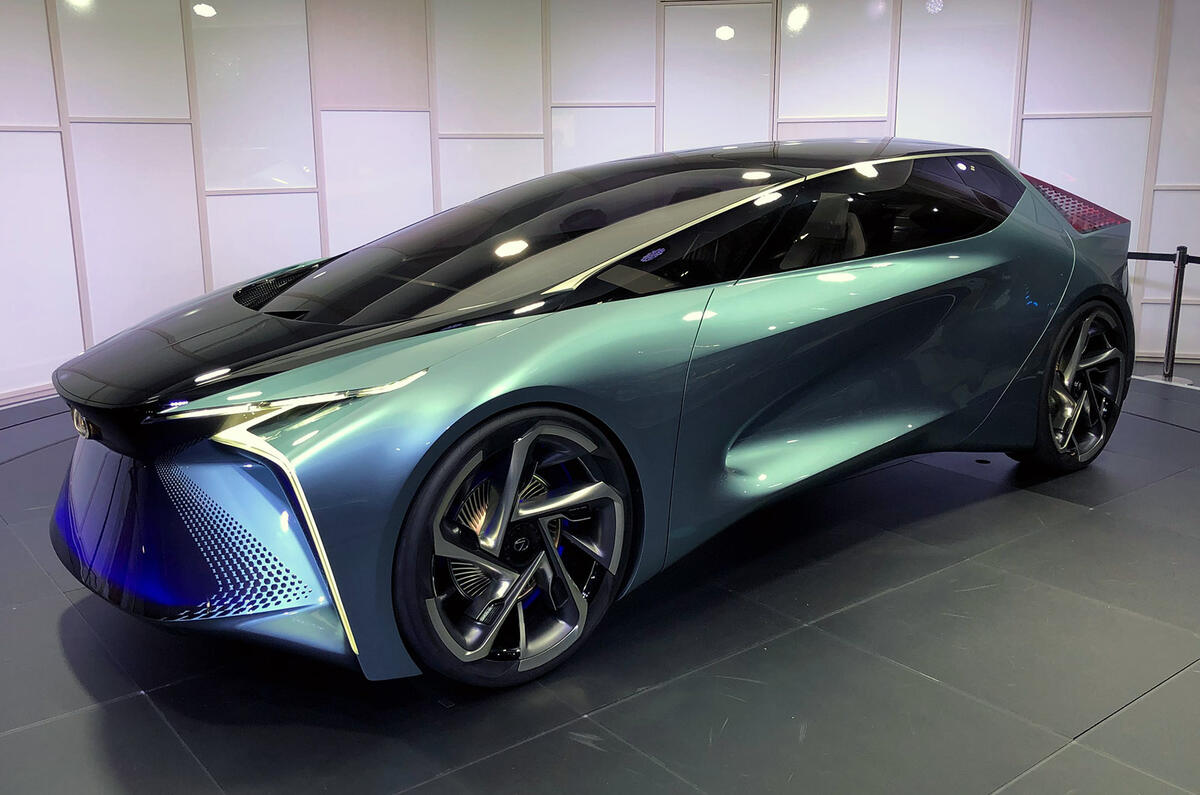
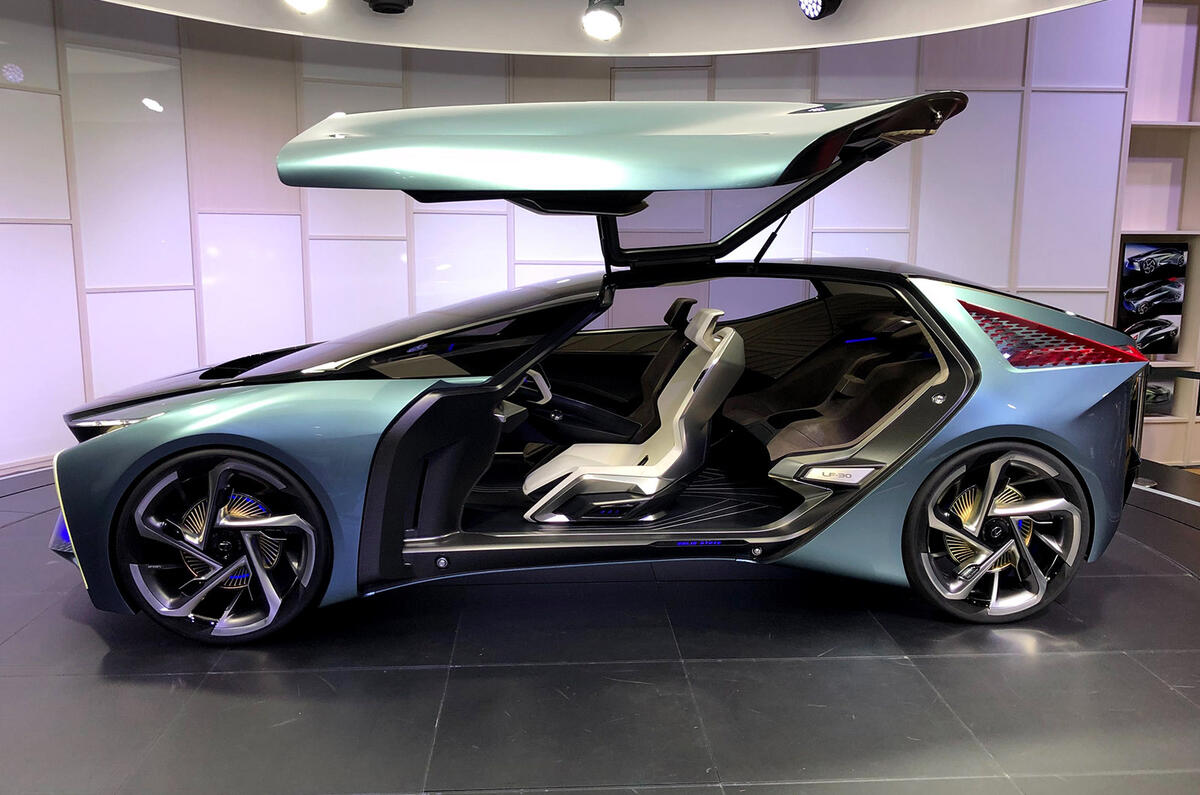
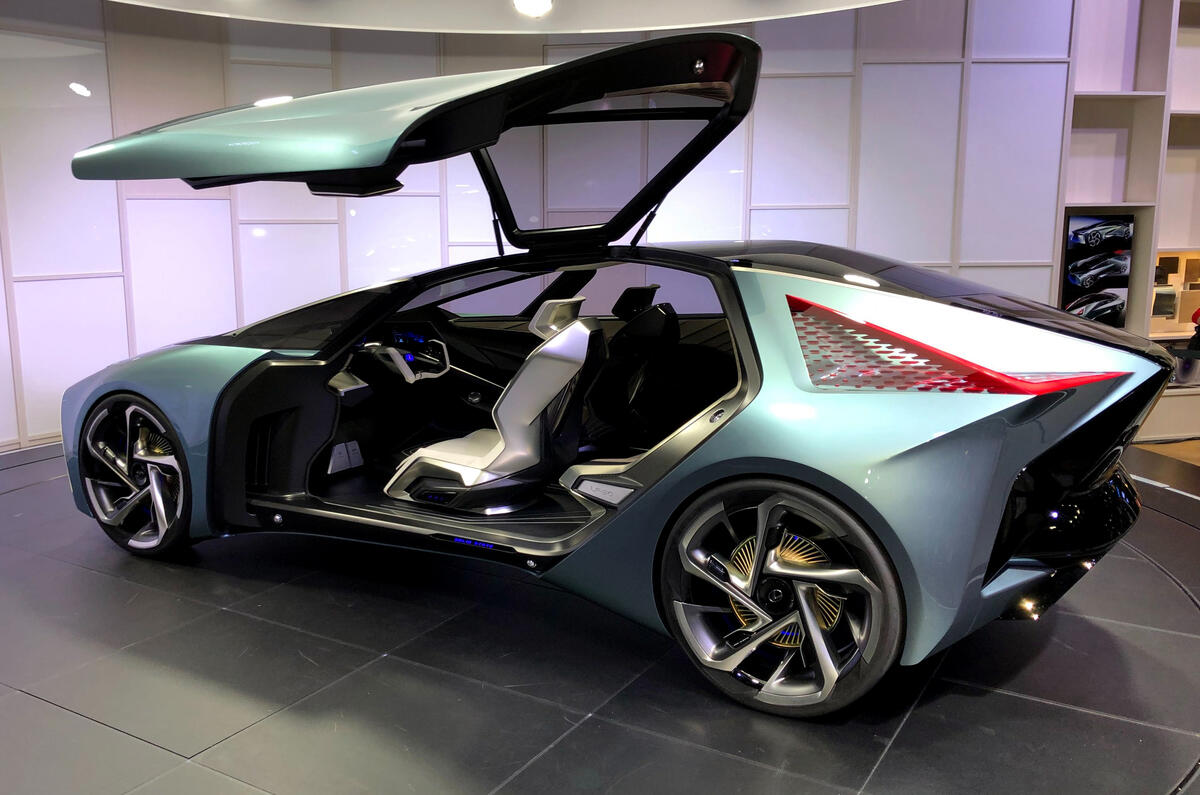
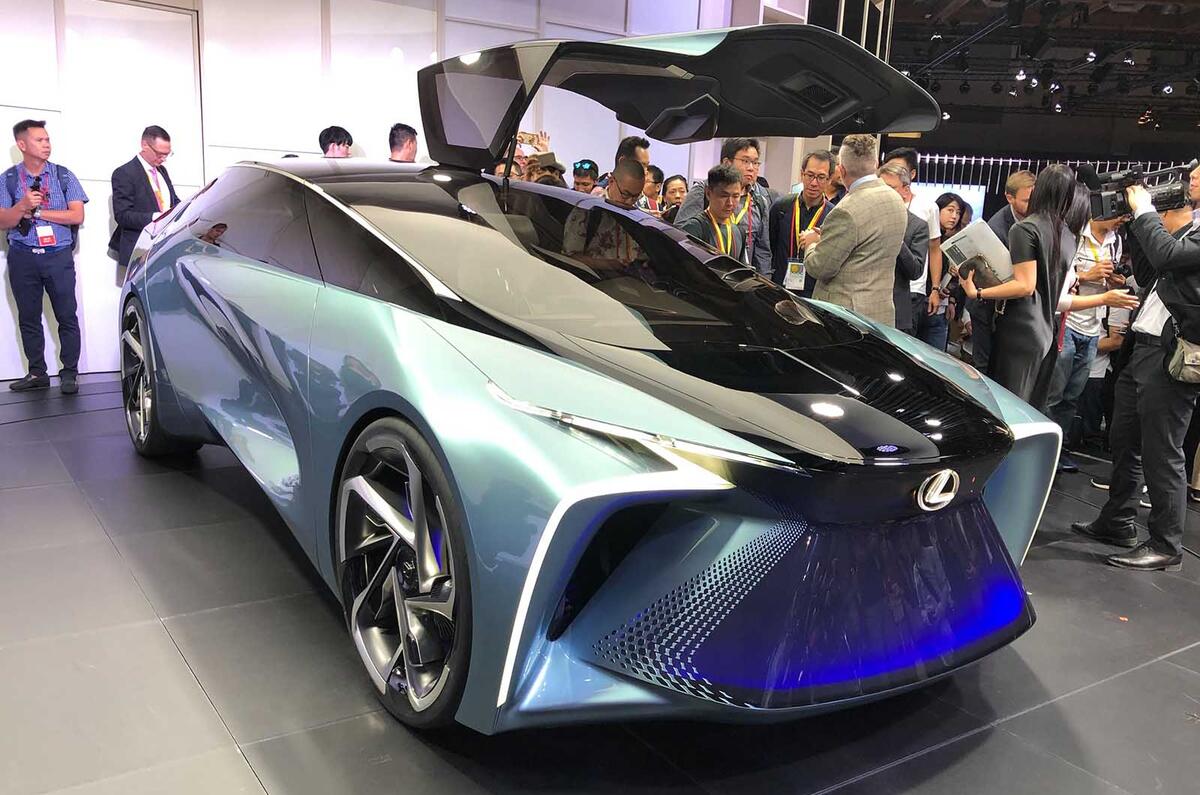
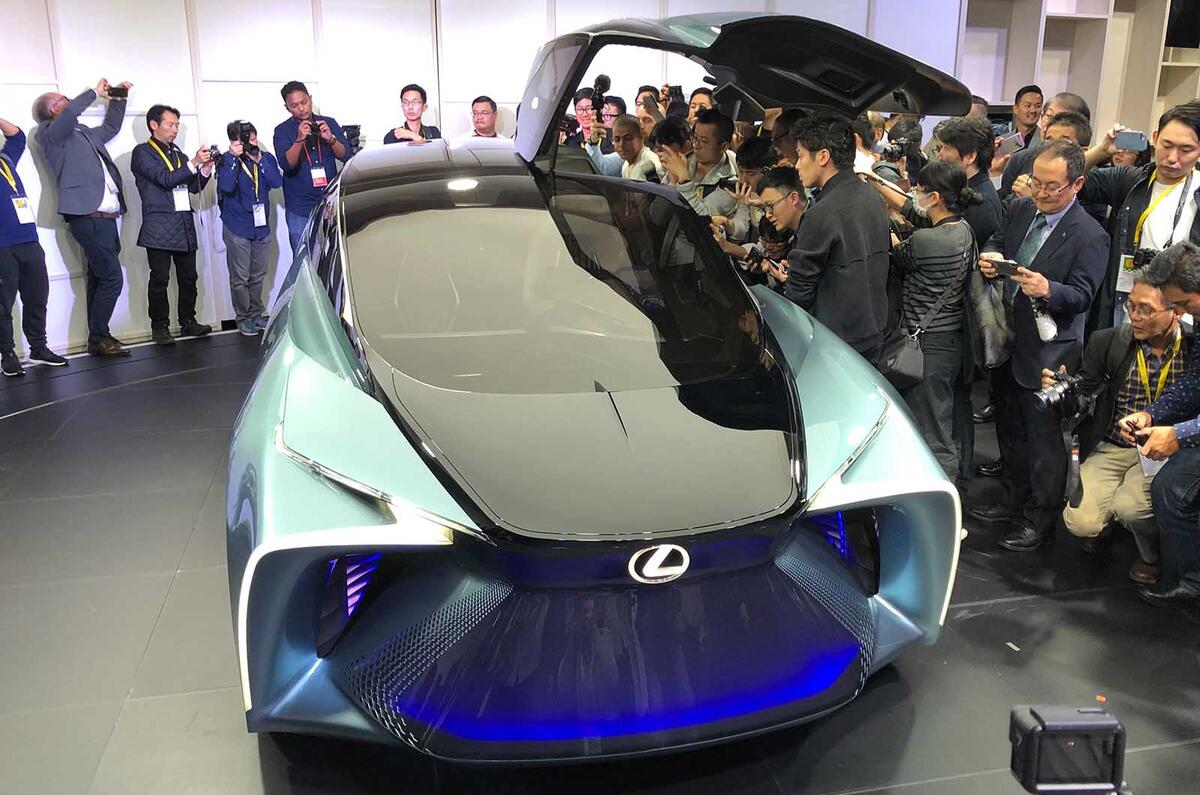



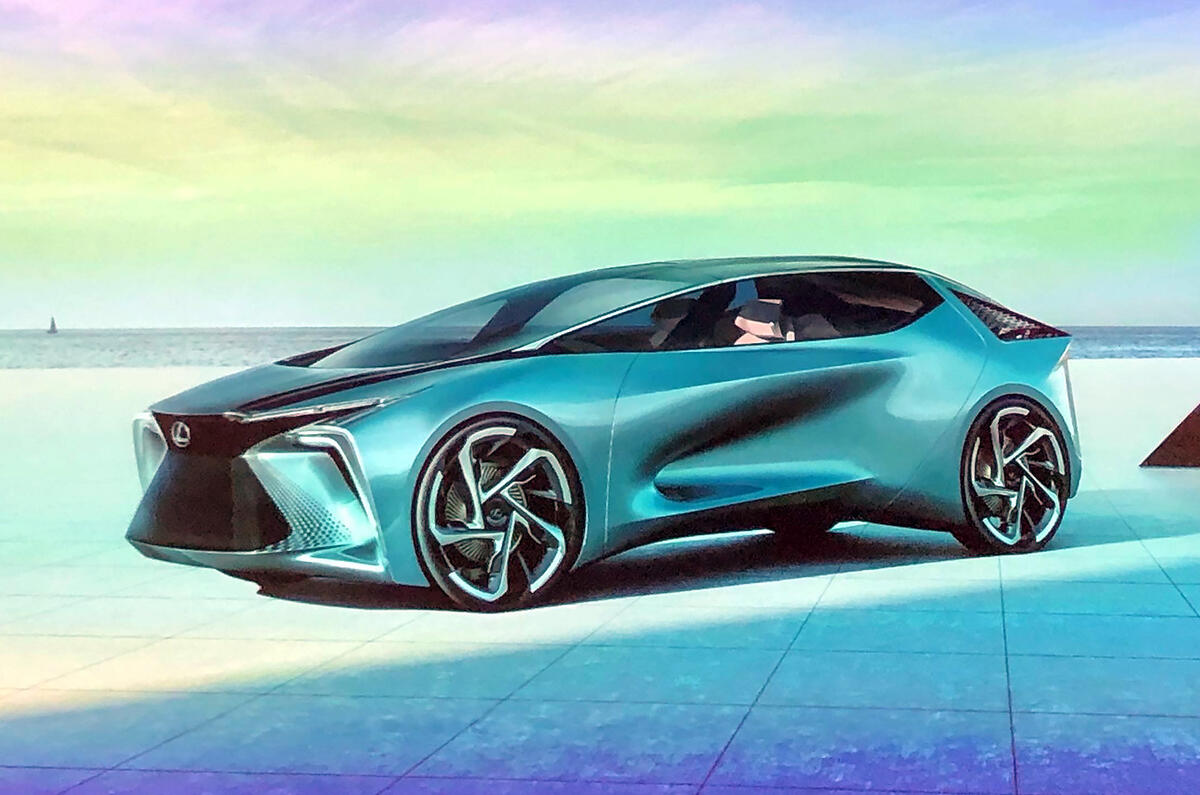






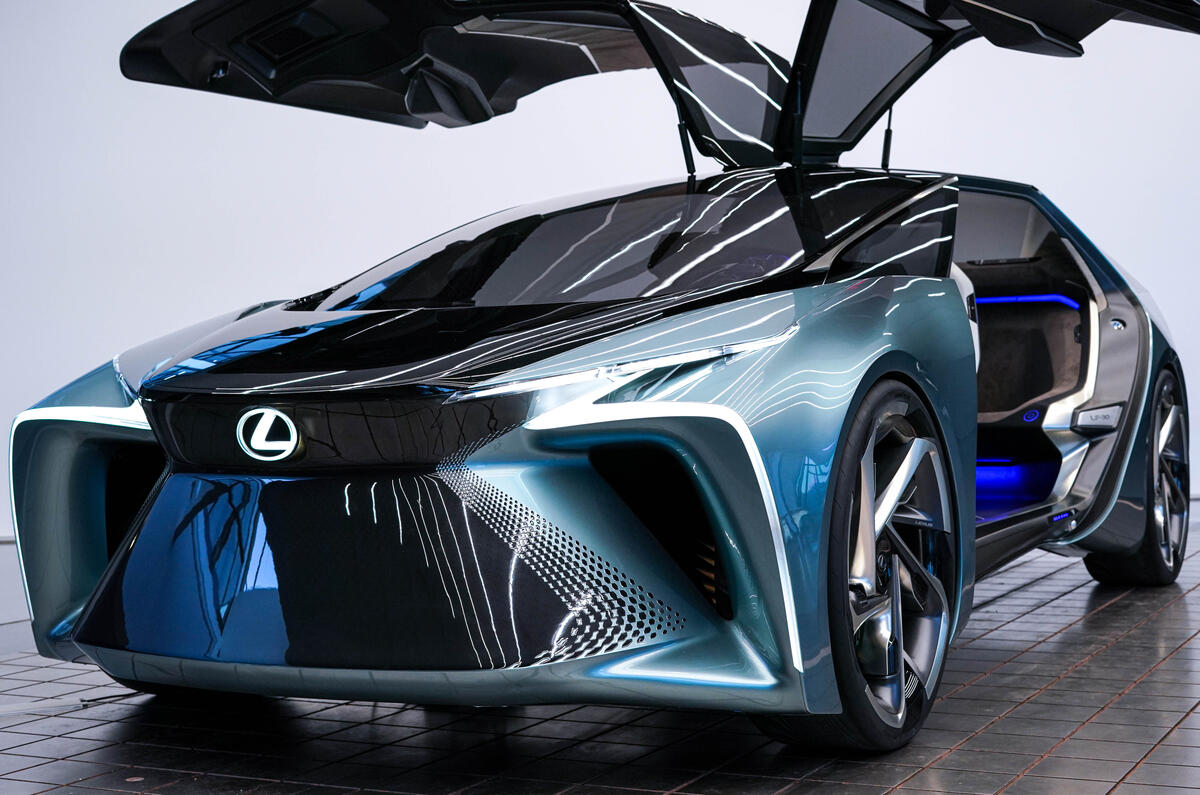


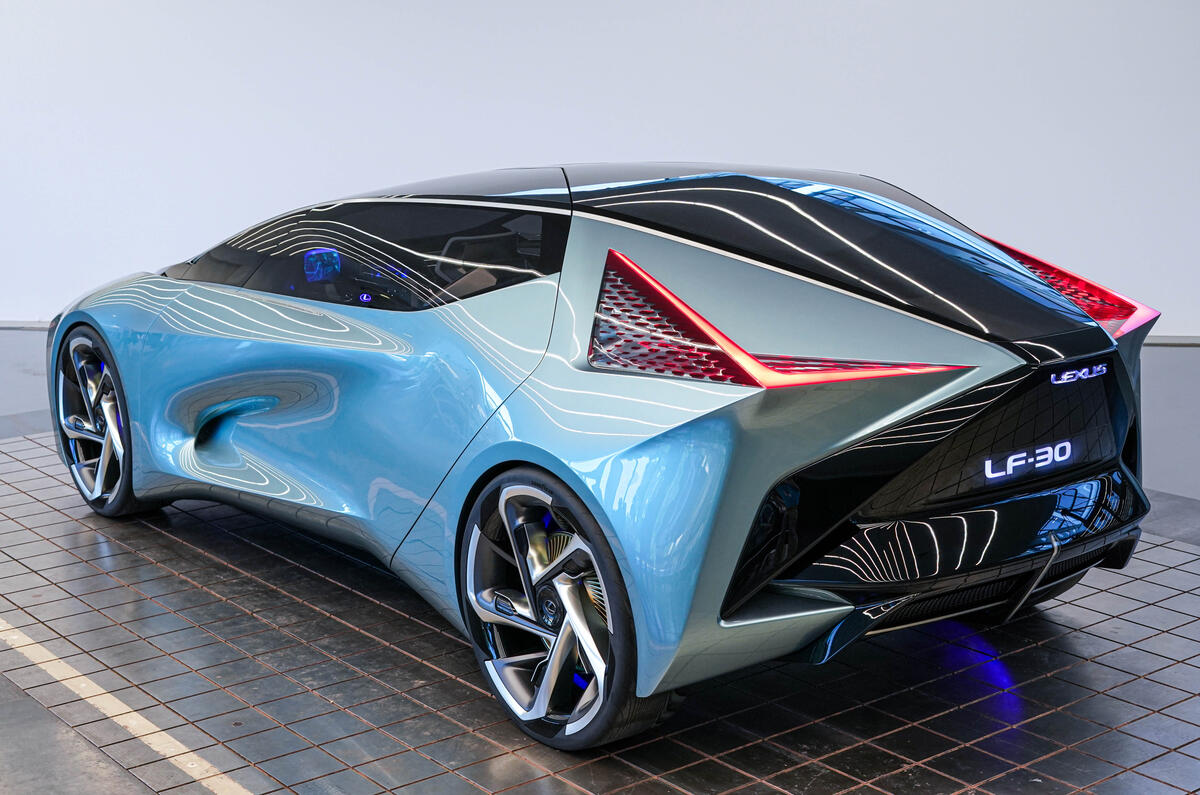

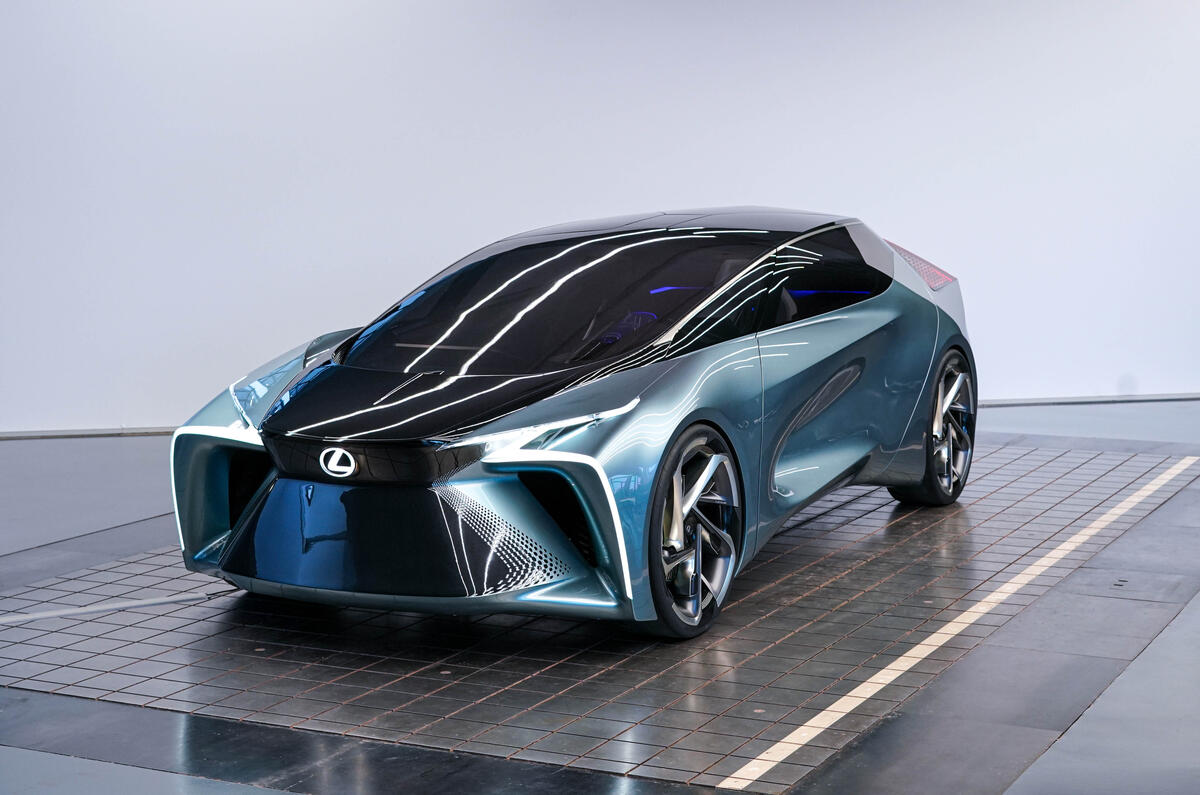

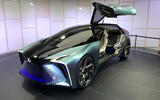
























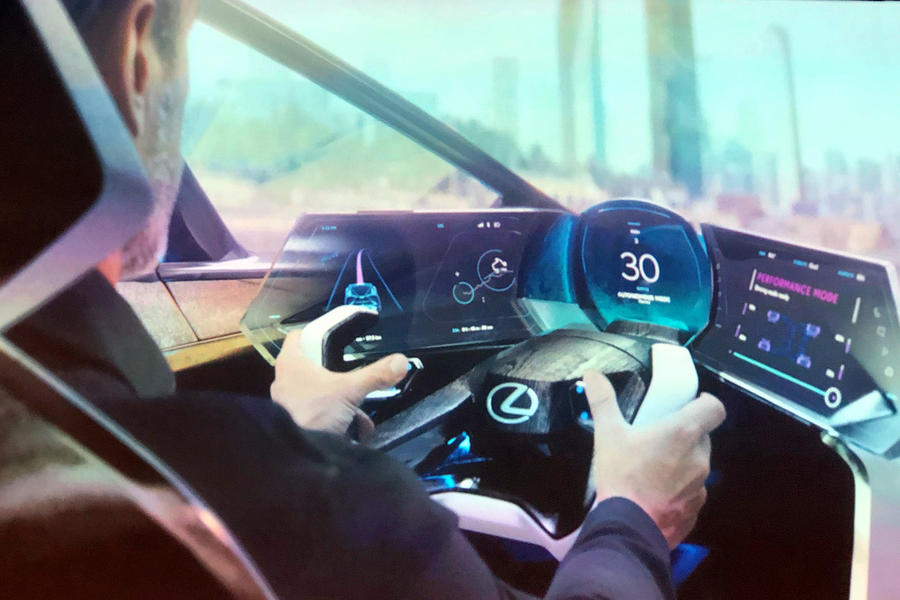


Join the debate
Add your comment
Watanabe confused
Tell-tale sign of someone clueless about plug-in cars is this obsession with charging time. A car that fully charges in 40 minutes because it has a small battery is WORSE at charging than a car that takes 90 minutes to fill a much bigger battery. If the second car gains the same amount of range from charging for 40 minutes, it's only an OCD freak who cares that it's only 45% full.
People bragging about fast time to fully charge are usually obscuring a weak design, and car journalists who fall for this are suckers. What matters is total range and how many miles of range the car gains in how much time.
I have no problem with car companies admitting "We fit a small battery to keep the cost and weight down."